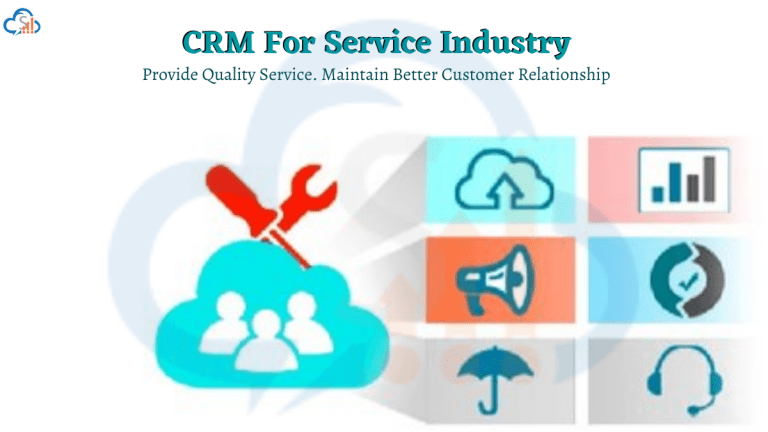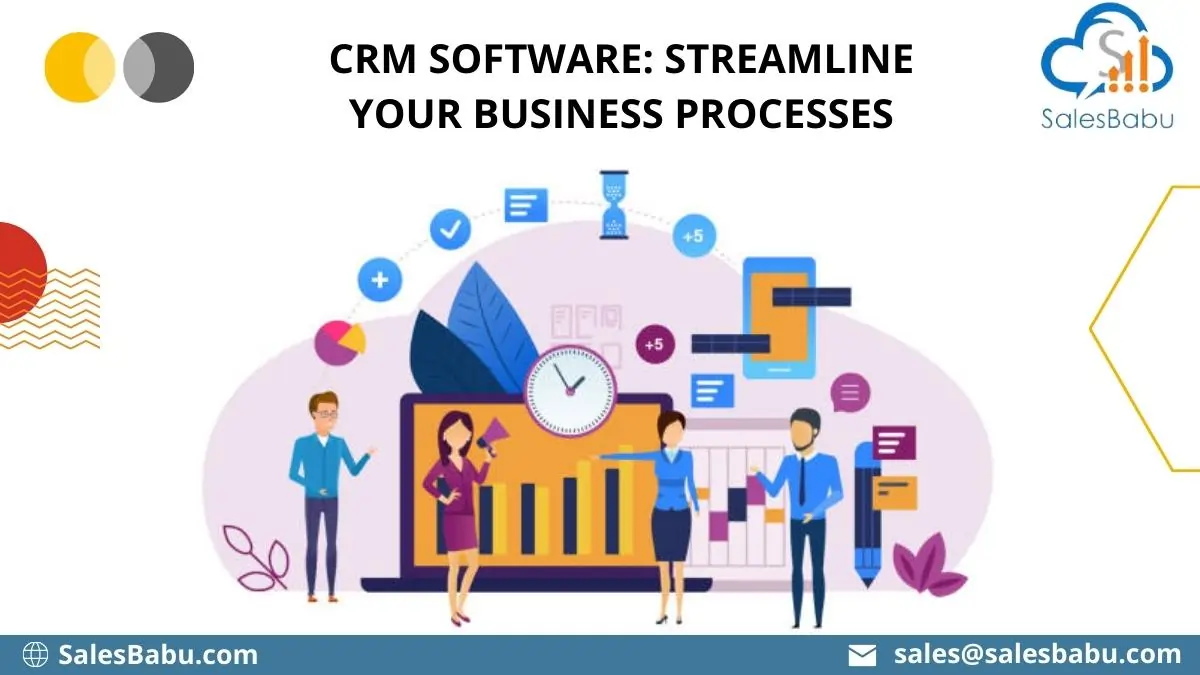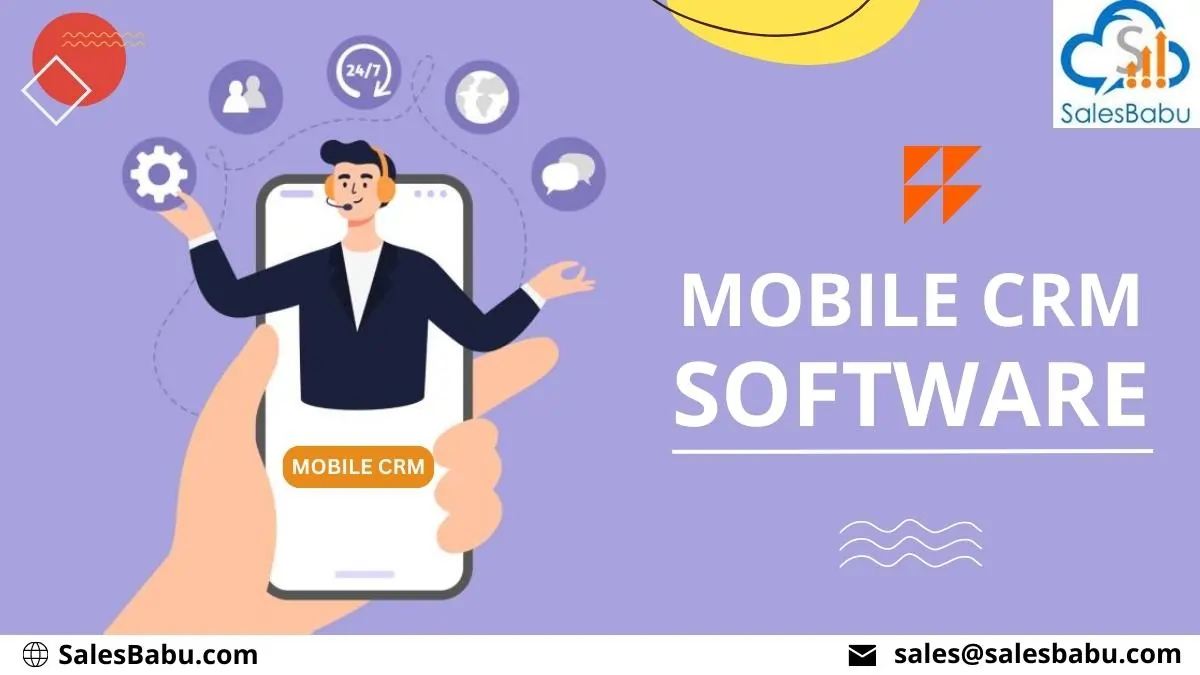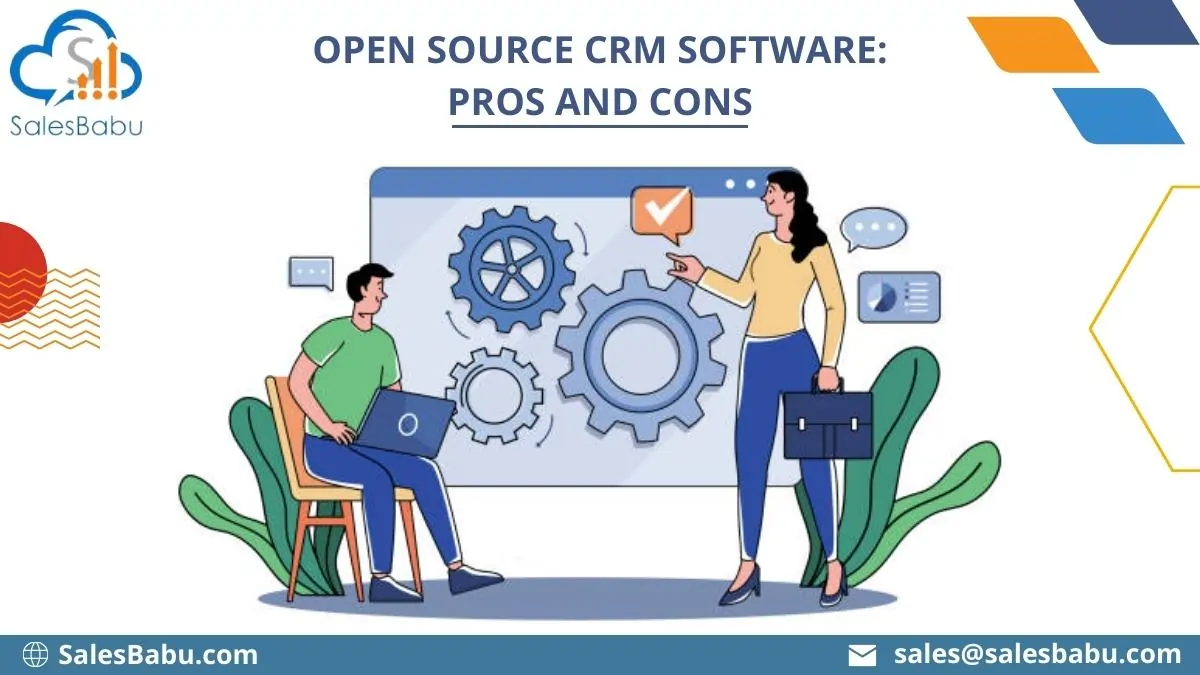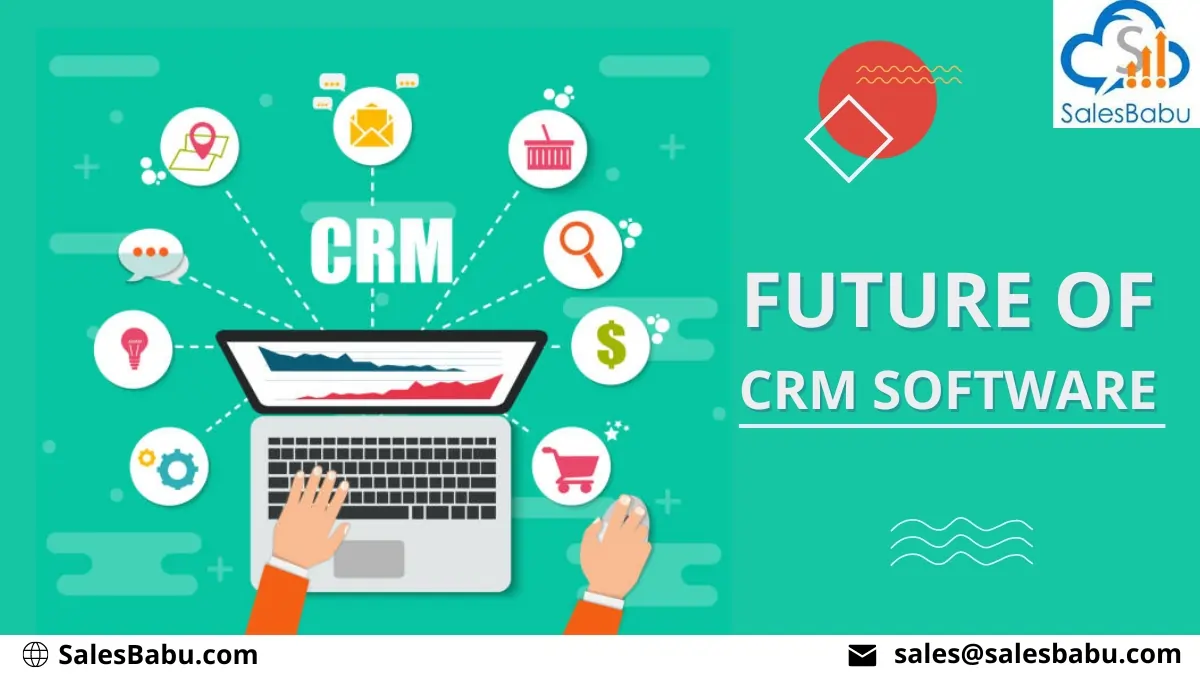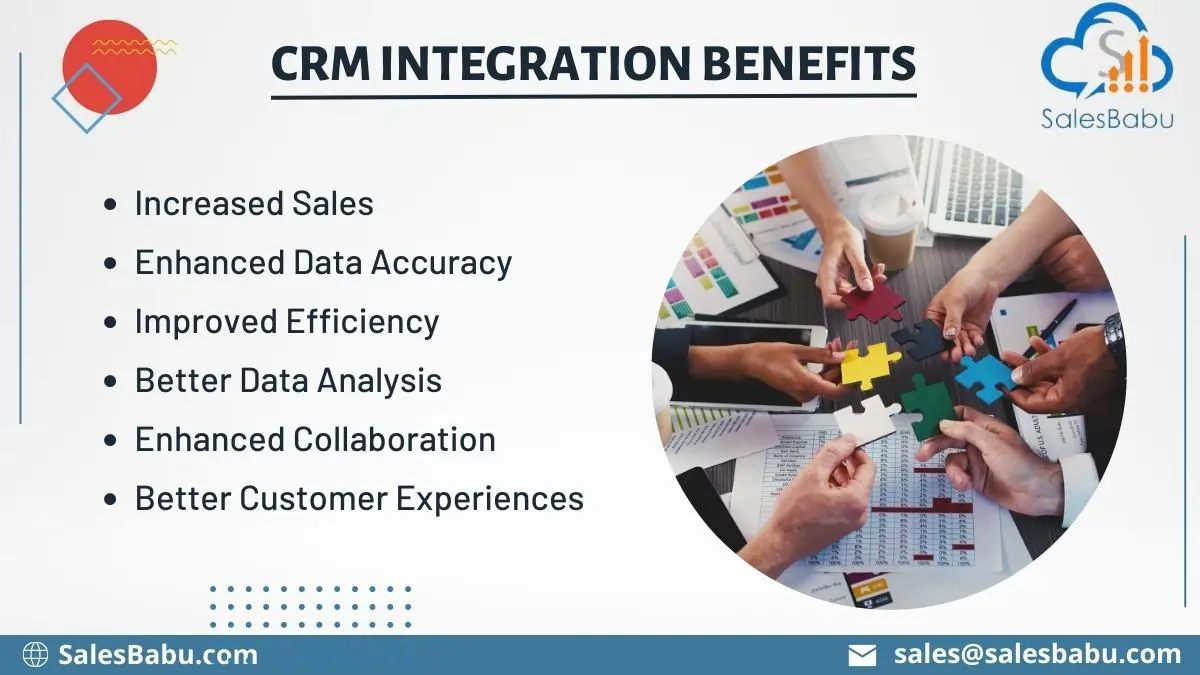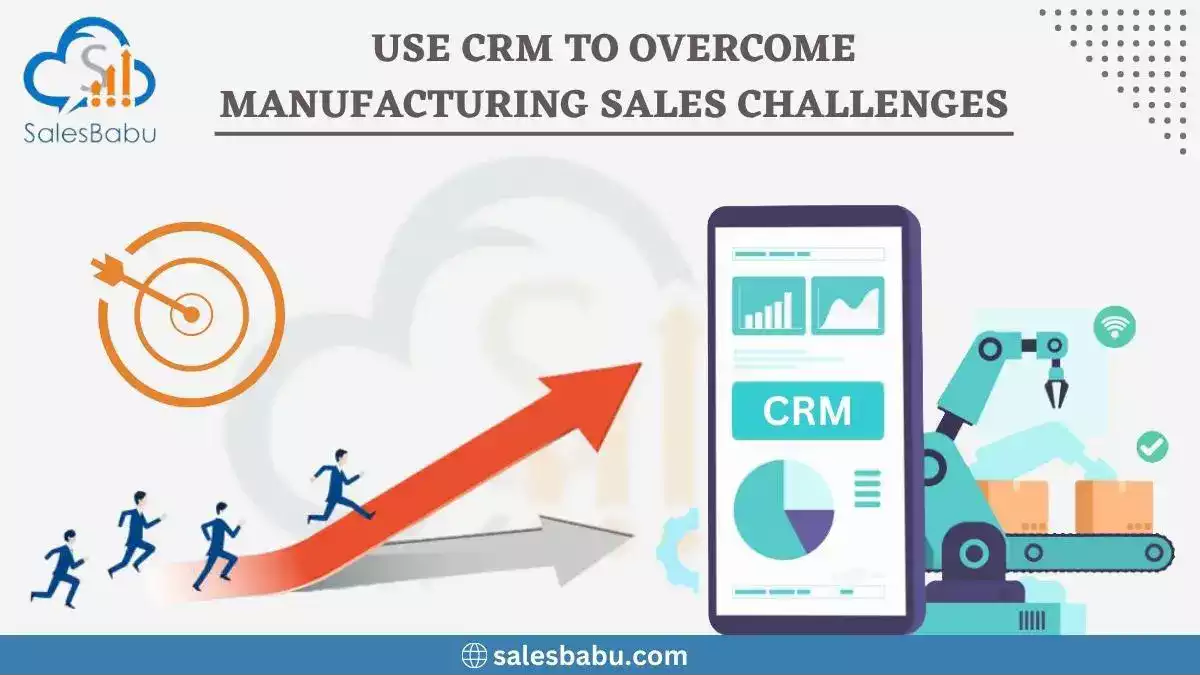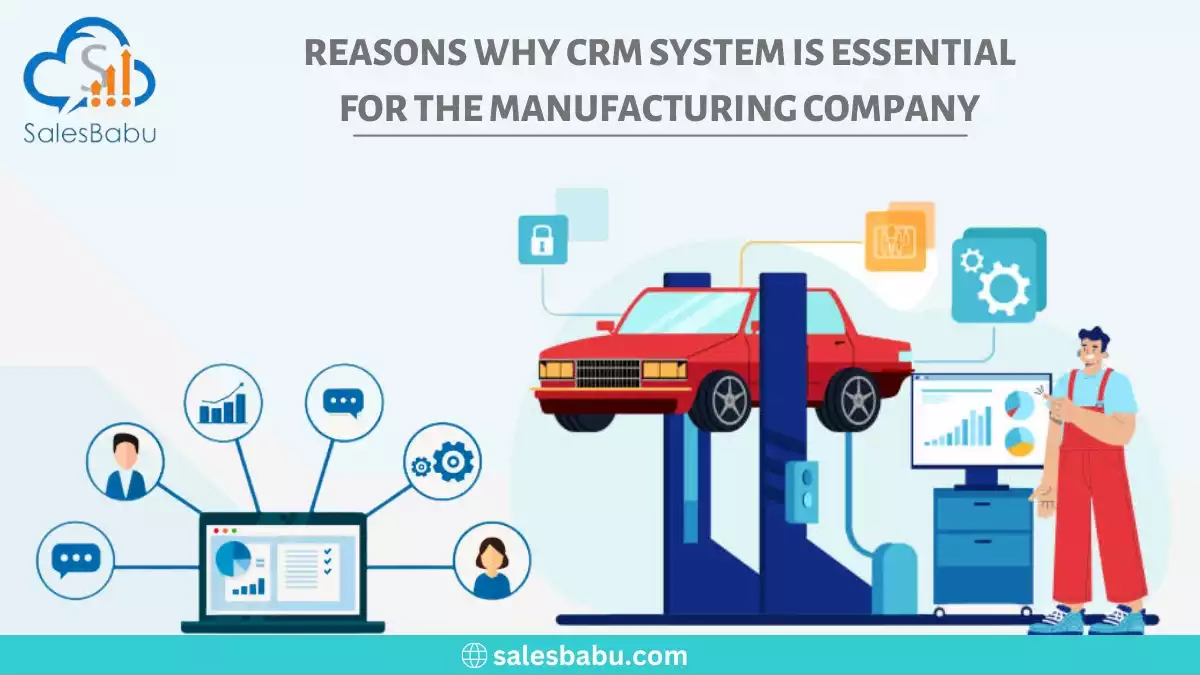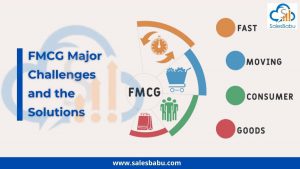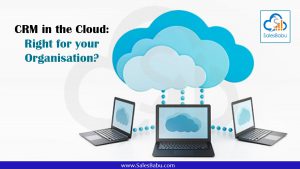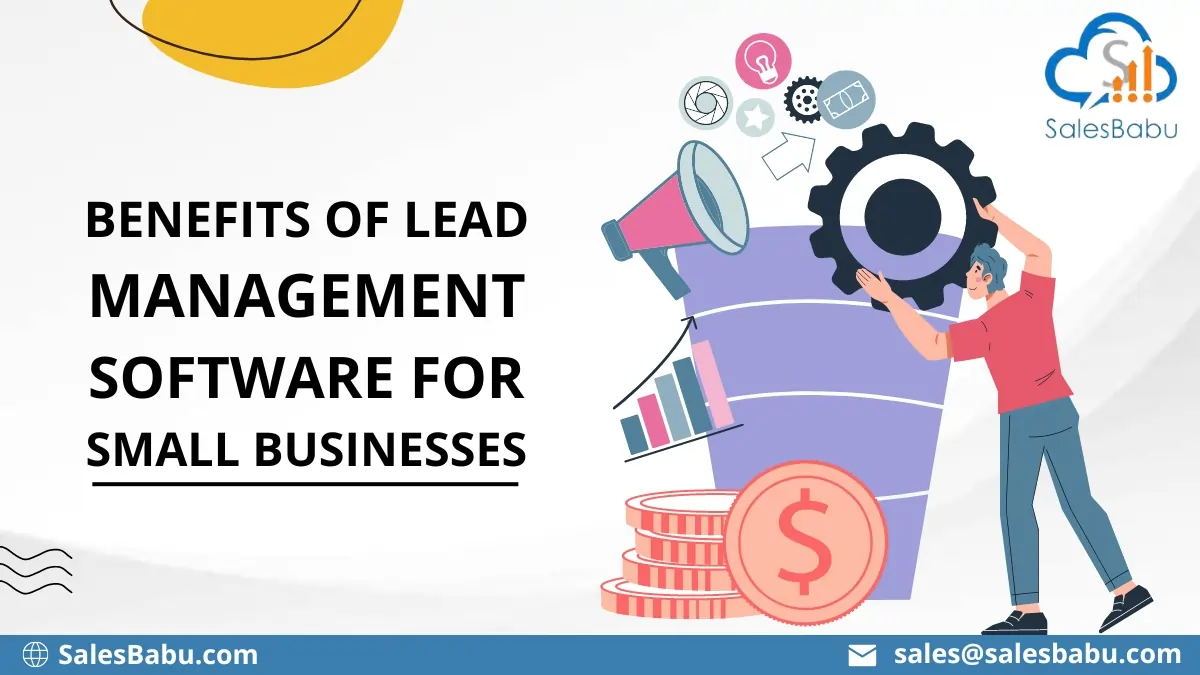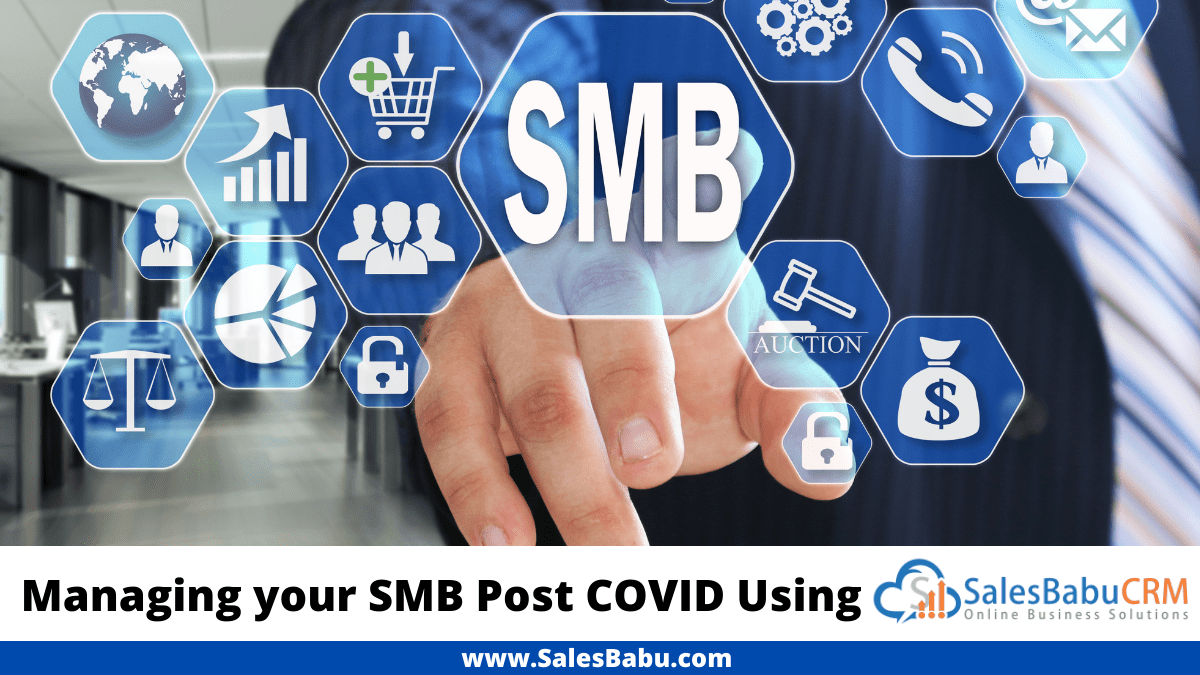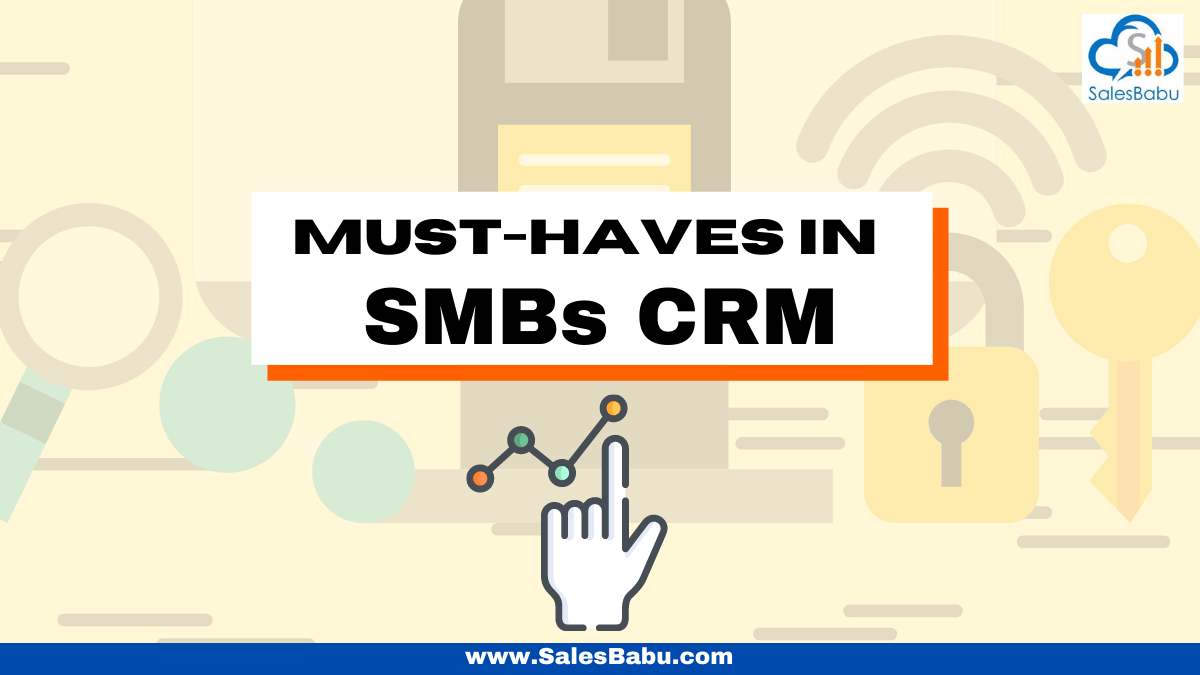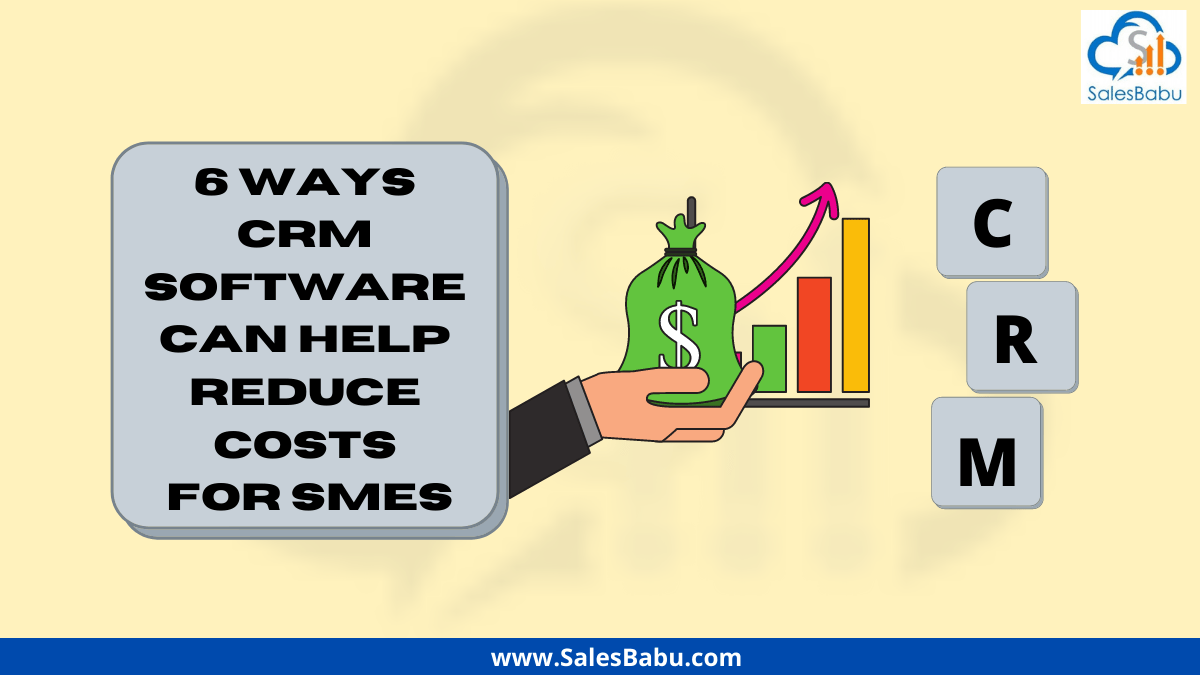In today’s cutthroat competitive business service and support departments are at the forefront of a company’s success. Customer success depends on combining and coordinating customer service reps with the rest of the company. Generating valuable customer data is integral to the customer support process.
With unique and dedicated service and support features of the customer relationship management system (CRM) helps guarantee the customer’s experience is amazing at every brand touchpoint.
CRM for Customer Service
While there exists a solely dedicated software for customer service and support, service customer relationship software consolidates functions of customer service and support holistically; not as something tacked on at the end, but working with sales and marketing at every stage of the customer experience.
Enhanced interaction with the customer translates to more returning customers. In other words, we should avoid thinking of a one-way funnel, and visualize more of a circular journey, after great service experience, a customer is primed to resume shopping.
Sometimes connecting with a support team can be frustrating; having to brief yourself and explain your issue only to be put on hold or transferred and asked to repeat everything all over again.
With the help of a service CRM system you can avoid these issues by providing service and support staff instant access to all relevant customer required information to work on the issue. This means not only less irritation but also quick resolutions.
“Foundation of your company always tends to your customer satisfaction”
There is no doubt that the quality of the customer care you provides; matters to your customers. A second way to Increase revenue is – through after-sales service, product warranties & repairs.
Rapid globalization and emergence of new markets has brought a great surge in the Service Industry. Most of the industries that manufacture or sell products bearing after-sales -service and warranty as a mandatory requirement of customer service management tier which play a crucial role in the growth of a company.

Read More
Major Challenges in Service Industry :
- How to manage customer escalations & complain?
- How to manage Service Level Agreement (SLA)?
- Can we count the after sales support & service Earnings and expenditures?
- How to do prior scheduling for service Engineer’s work (Installations, product services)?
- How to manage all accounts at one place?
- Is it possible to define Preventive Maintenance Services automatically?
Benefits of CRM in Service Industry
- Contact Management
Organizations can deliver robust service to customers with the help of real time & centric databases; which can be operated from a single point.
- Automated Support Scheduler
CRM enables organizations to automate intimations about their job such as installation, warranty expires and PMS visits; so that you never miss any opportunity to improve their SLA.
- Maximizes Engineer’s Productivity
CRM enables service managers to view status of all the service activities, in terms of PMS, and after sales support. It also helps you to increase Support Engineer’s Productivity. One can manage long term customer relations by giving them good customer service.
- Increase Customer Satisfaction
CRM helps you to enhance customer satisfaction, and to gather feedback from customers, analyzing and evaluating the responses to create customer satisfaction initiatives. Increased customer loyalty; result in increased revenue in terms of your Services.
Advantages of SalesBabu Service CRM in the Service Industry
Customer satisfaction proves to be a barometer for assessing the standard and quality of your services and the strength of your company’s relationship with its clientele. SalesBabu CRM helps in tracking this intangible information, makes customer requirements more predictable, and improves customer relationships. It also increases the quality and number of Clients in your Service Bucket.
- Effective Service Case Management
Service Level Agreements (SLAs) are of great importance in forming an organization’s credibility and reliability within its business ecosystem. CRM helps in detecting your service levels from the customer’s point of view, where you can easily track, and meet your defined service level agreements and win the customer faith.
- Tracking and Manage your Clients
CRM enables you to detect your customers’ demands and concerns, allowing the maintenance of a comprehensive record of all customer communications and their satisfaction levels with your products and services delivered.
- Optimized Turnaround Time (TAT) for Services and Service Engineers
After implementing a CRM, you can define your Turnaround Time (TAT) depending on the distinct requirements of your services, resulting in better service levels and improved productivity between your service and support engineers. CRM tends to resolve the customer’s issues in a short period of time. It takes your customer services to different levels and helps you to give quality services & even you will be able to maintain consistency of the services.
- Centric Database System
CRM enables you to manage your customers at a centric point, and whatever and whenever you require, you can easily retrieve and check all the certain activities which have been actually done with this customer. Customers are always a prior necessity for any organization. SaleBabu CRM Service On Demand allows you to maintain all the details of your existing customer on one single platform and make a fruitful Database for your Organization.
Although there are bunches of Service CRM in the market catering the Service industry, and many companies are using service CRM; but, a question is frequently raised , are you able to check whether your customer is satisfied with your services or not? If yes – so keep your eye on your funnel to check how much you retain in a year, and if NO; then start planning to become a CRM Enabled Company. Request a Free Demo
Read More
Features of CRM for Service-based Industries
Unify Customer Interaction
Get quick access to contact information across numerous channels like telephone, email, live chat, and social media.
Simplify Billing and Payments with Invoices
Create invoices on the go and easily send them directly to customers with the Invoice integration. Replace your pen and paper with digital invoices. Create invoices directly from CRM and mark all the payment statuses to stay on top of your bills.
Maintain Service Catalogs
Build a catalog of your services inside CRM. Define each service, set dates and times for the availability of each and everyone, and assign staff to handle and deliver them.
Assign and Track Jobs
Jobs can be allocated to one or more members of the team. All the notifications are sent to the team members, alerting them of their newly allocated job. Customized sheets will guide your team to record all the required information before they mark their service as completed.
How a Service CRM works
So, let us check what are some of the primary elements of a service CRM system? First and foremost, customer’s information is captured by every department in the CRM ecosystem so that it can be accessible by the service team.
Customers can contact support through multiple channels like – online forms, email, phone call, chatting, and social media platform
Once a customer is able to establish a connection with the support and service desk, a ticket associated with their issue is created. In the ticket, all the essential pieces of information are captured such as customer details, the type of the complaint, and suggestions to whom the ticket should be assigned, for example, problems logging into an account might go-to the IT department; problems with delivery would go to shipping.
A service-level agreement (SLA) is also a key to any customer support and service. Therefore, a logged ticket might include details about SLA, which makes both support staff and customers aware of what to expect regarding how long it might take for the issue to be addressed and resolved.
Towards the various steps in resolution, a workflow helps to organize and automate the process. Like, if a damaged product is to be returned by the customer, a task should be triggered by a workflow for the inventory and shipping team to promptly mail out a replacement.
Finally, at a later stage, an online customer service CRM software can gather feedback about their service experience, which further boosts support quality for every future ticket. This is the complete process of a support and service process.

